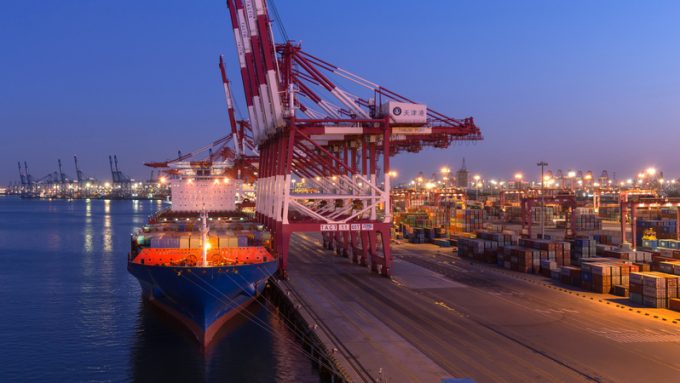New services and reinstated blanked sailings boost transpacific capacity
The Gemini Cooperation has introduced an additional transpacific service as a rush of demand and ...

China’s manufacturing sector contracted again this month, with new export orders at their “lowest since May.”
According to the Caixin China General Manufacturing Purchase Managers’ Index (PMI), September’s factory output and demand was “dampened” by Covid containment measures.
Caixin said: “New business dropped for the second month ...

Comment on this article